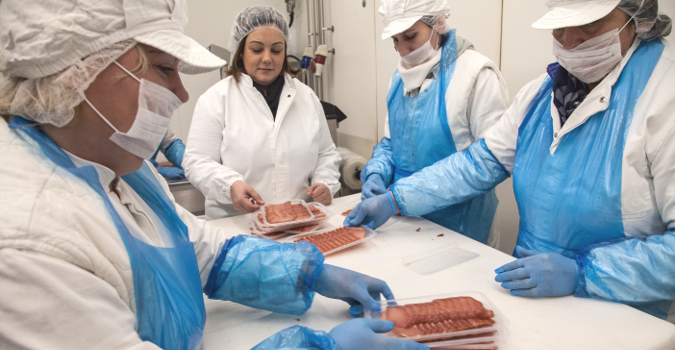Economic empowerment

The magnitude of the gender gap in labor participation is evident from much higher inactivity rate of women (42% vs. 58% for working age population)[1]. Many other indicators reveal the disadvantaged position of women in the labor market, such as the concentration of women in low productivity sectors and in the care economy. Discrimination is also evident in the realm of recruitment, promotion, pay and benefits, the availability of training opportunities and in relation to maternity and parental leave. Additional effort is needed to encourage women to participate in occupational areas where they are traditionally under-represented, to facilitate reconciliation of professional and private life for women and men, to prevent and combat sexual harassment of women in the workplace, and to increase women’s access to employment and entrepreneurship (CEDAW, ICESRC Concluding Observations).
In the area of economic empowerment, UN Women in Serbia supported policies and projects that:
- advance women’s economic rights;
- combat gender based discrimination at the labour market
- support to women's entrepreneurship
- support Labour Inspectorate to include gender perspective in their work
- Support the National Empoyment Service to identify gender based discrimination at the labour market
UN Women in Action in Serbia
- To support increased corporate engagement in gender equality, UN Women introduced the Women’s Empowerment Principles global initiative. As a result, 77 companies in Serbia had signed and started implementing the Women’s Empowerment Principles.
- Supported the development of Serbia’s first tool that companies can use themselves to assess their performance on equal opportunities and non-discrimination.
- UN Women partnered with Serbia’s Ministry of Economy and Regional Development to conduct a gender analysis of barriers to women’s entrepreneurship, which eventually led to the first government credit line specifically designed to support women’s businesses.
[1] Statistical Office of Republic of Serbia, Labour Force Survey, 2017